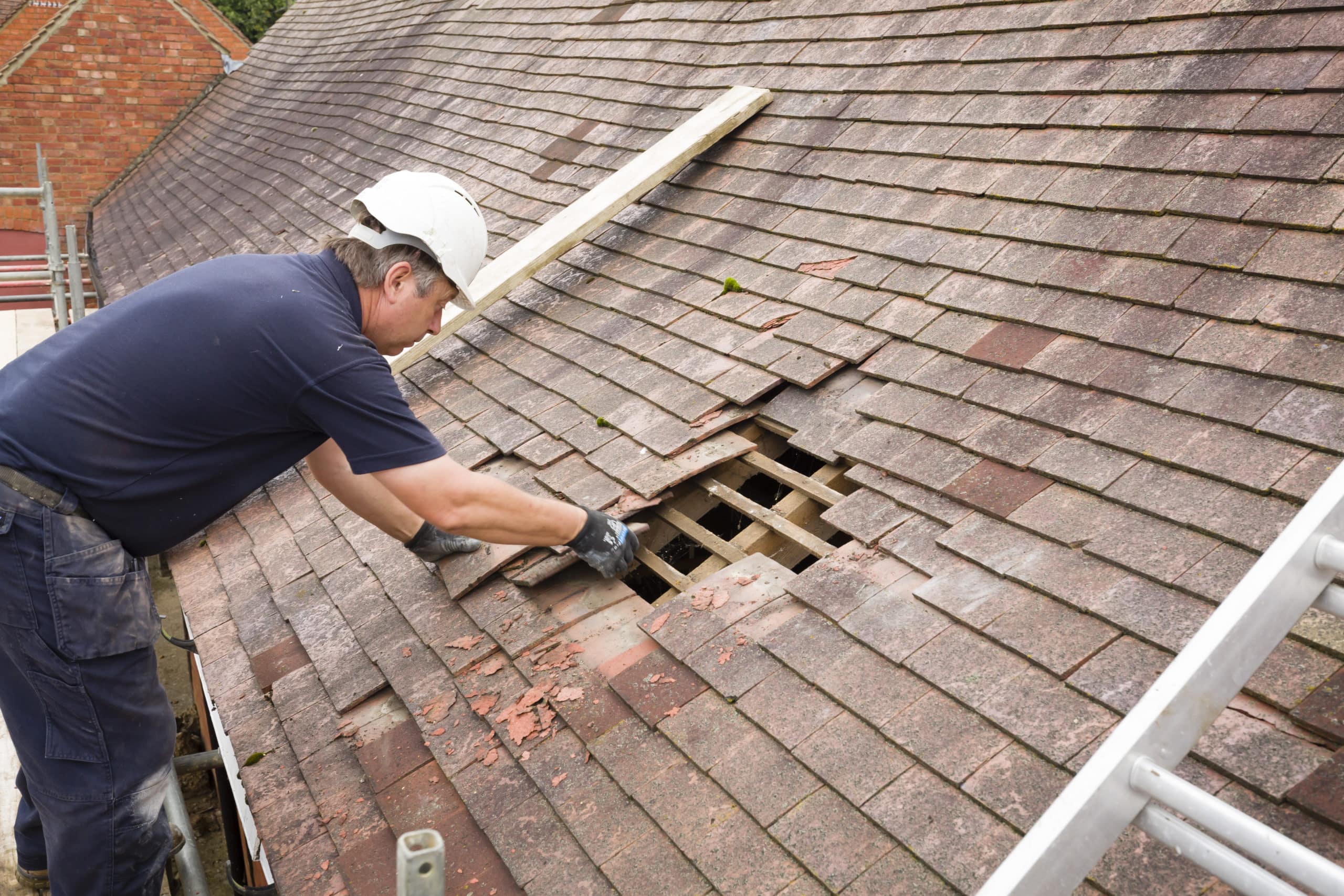Roof Repair vs. Replacement: Making the Right Decision for Your Home
Explore the pros and cons of repairing versus replacing your roof to make an informed decision for your home.
Understanding the Signs of Roof Damage
Roof damage can manifest in various ways, and it's important to be able to recognize the signs. Some common indicators of roof damage include missing or damaged shingles, leaks, water stains on the ceiling, sagging or uneven areas, and excessive granules in the gutters. If you notice any of these signs, it's crucial to address the issue promptly to prevent further damage to your home.
Additionally, it's important to inspect your roof regularly for signs of wear and tear. Regular maintenance can help identify potential problems early on and save you from costly repairs or replacements down the line.
Pros and Cons of Roof Repair
Roof repair can be a cost-effective solution for addressing specific issues without having to replace the entire roof. Some of the pros of roof repair include:
- Cost savings: Repairing a damaged section of the roof is generally less expensive than replacing the entire roof.
- Time savings: Roof repairs are typically quicker to complete compared to a full roof replacement.
- Preservation of the existing roof: Repairing the roof allows you to maintain the current style and materials of your roof.
- However, there are also some cons associated with roof repair:
- Limited lifespan: Repairs may only extend the lifespan of the roof for a certain period, and you may need to invest in further repairs in the future.
- Compatibility issues: Finding matching materials for repairs can be challenging, especially if your roof is older or no longer in production.
- Potential hidden damage: Repairing one section of the roof may not address underlying issues that could lead to further damage.
Considering these pros and cons can help you determine if roof repair is the right choice for your specific situation.
Factors to Consider for Roof Replacement
Roof replacement is a more extensive and costly undertaking compared to roof repair. Before making the decision to replace your roof, consider the following factors:
- Age and condition of the current roof: If your roof is nearing the end of its lifespan or has significant damage, replacement may be the best option.
- Energy efficiency: Newer roofing materials often have improved energy efficiency, which can lead to long-term cost savings on heating and cooling bills.
- Aesthetics and curb appeal: Roof replacement provides an opportunity to update the appearance of your home and enhance its overall curb appeal.
- Resale value: A new roof can increase the resale value of your home, making it a worthwhile investment if you plan to sell in the future.
It's important to weigh these factors and consult with a professional roofing contractor to determine if roof replacement is the most suitable choice for your home.
Cost Comparison: Repair vs. Replacement
One of the key considerations when deciding between roof repair and replacement is the cost. Repairing a roof is generally more affordable than replacing the entire roof. The cost of roof repair depends on factors such as the extent of the damage, the materials needed for the repair, and the labor involved. On the other hand, roof replacement involves the cost of new materials, labor, and potentially additional expenses for removing the old roof.
While repair may be a more cost-effective option in the short term, it's important to consider the long-term costs. If your roof is old or frequently experiencing issues, investing in a replacement may be more cost-effective in the long run, as you won't have to spend money on frequent repairs.
It's recommended to obtain quotes from reputable roofing contractors to compare the costs of repair and replacement before making a decision.
Making the Decision: Repair or Replace?
Deciding whether to repair or replace your roof requires careful consideration of various factors. Some key points to keep in mind include:
- Severity of damage: Assess the extent and severity of the roof damage. If the damage is extensive or poses a significant risk, replacement may be necessary.
- Age of the roof: Consider the age of your roof. If it's nearing the end of its lifespan, investing in a replacement may be a better long-term solution.
- Budget: Evaluate your budget and determine how much you're willing to spend on repairs or replacement.
- Future plans: Consider your future plans for the property. If you plan to sell in the near future, a new roof can be a valuable selling point.
- Consultation with professionals: Seek advice from professional roofing contractors who can provide an expert assessment and recommendations based on your specific situation.
By carefully considering these factors and weighing the pros and cons, you can make an informed decision on whether to repair or replace your roof.

